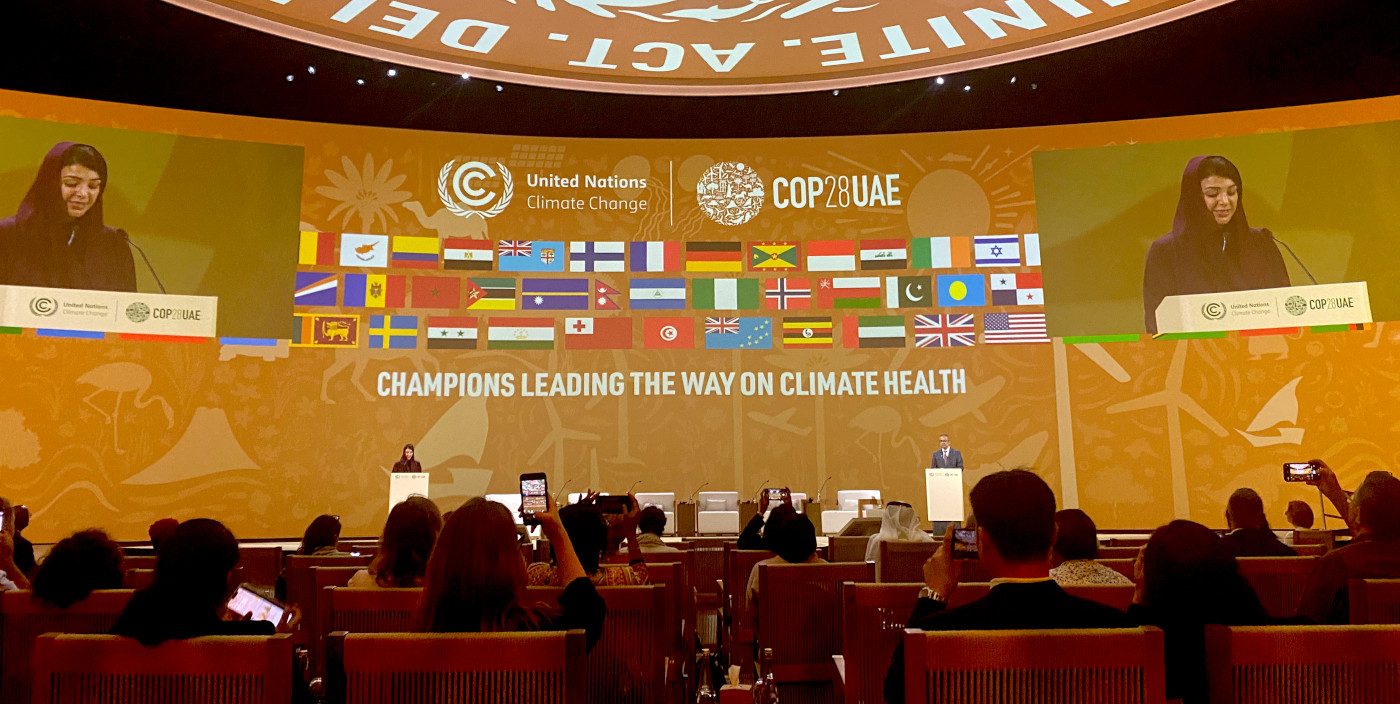Four researchers from The George Institute have secured Investigator Grants from the National
Health and Medical Research Council (NHMRC) to help tackle some of biggest causes of death and
disease in Australia and globally.
Reviewing gaps in Australian food policy to address diet-linked disease
Unhealthy diets are linked to heart disease, type 2 diabetes, obesity, poor mental health and certain cancers; global growth of these conditions coincides with significant changes in the world’s food supply, particularly the substantial increase in consumption of ultra-processed foods. Ultra-processed foods account for nearly two-thirds (61%) of total energy intake in the average Australian diet – with the highest being in the lowest socioeconomic groups - and are a major public health concern.
There is growing recognition of the need to consider the level of processing, not just the nutrient content alone, when evaluating the overall quality of a food. Globally, decision makers are embracing the NOVA classification system, which groups food products based on how much processing they have been through, when developing nutrition policies to tackle unhealthy diets.
Over the next five years, Dr Daisy Coyle’s research aims to enhance understanding of how food policy can effectively tackle the escalating problem of ultra-processed foods in Australian diets. The work will evaluate the extent to which Australia’s existing policies and guidelines allow for ultra-processing of foods in comparison with global guidelines and identify how local policies can be improved to improve the health and wellbeing of Australians.
Optimising existing safety tech to reduce global road harms
Road traffic injuries kill more than one million people and harm 50 million more every year around the world - despite well-established effective protective measures such as vehicle restraints (seat belts and child restraints), and helmets and protective clothing (for motorcyclists). There is immense scope to reduce this massive burden by ensuring the most appropriate existing safety systems are installed and used correctly.
There are gaps in understanding of the behavioural influences on how safety systems are being used, and how best to encourage optimal use among road users in low-, middle- and high-income countries. Closing these gaps and delivering scalable interventions are among the greatest challenges in road safety globally.
Dr Julie Brown’s new research will build on ten years of work defining these problems, identifying risk and protective factors and designing prevention measures, to achieve optimal use of safety equipment in the biggest problem areas – restraints for child passengers and for older car occupants; and protective clothing and helmets by motorcyclists.
Dr Brown will generate fundamental new knowledge about barriers to accurate decision making and behavioural factors for appropriately transitioning to adult seat belts by children aged seven years and over. For older drivers and motorcyclists in Australia and other high-income settings, she will develop and test user-driven behaviour change interventions - a world-first approach. The work will involve partnerships with researchers, governments and industry in rapidly motorising countries to increase uptake of child restraints among young children in China and helmets among motorcyclists in India - two examples of the multi-faceted project.
Dr Brown’s five-year program responds to the need for action globally under United Nations Sustainable Development Goal 3.6 - which calls for a halving of road traffic injuries by 2030 - and the Australian Government’s commitment to work towards zero road traffic injury and fatalities by 2050.
Improving population health with SGLT2 inhibitors
Large clinical trials have demonstrated that a class of medicines called SGLT2 inhibitors, originally developed to treat type 2 diabetes, reduce the risk of cardiovascular disease, delay kidney failure, and extend overall survival in people with heart failure or chronic kidney disease, regardless of whether they have diabetes.
There is now widespread recognition that optimal uptake of this class of drugs could dramatically reduce the global burden of heart failure and kidney disease, which are among the leading causes of premature death and disability worldwide.
However, SGLT2 inhibitors remain underused in clinical practice, even in patients who would most benefit. A key reason is the lack of definitive evidence of their effects in specific types of patients, such as those without cardiovascular disease or across different stages of kidney damage. These are questions that cannot be robustly addressed in any individual clinical trial because sample sizes are insufficient.
Dr Brendon Neuen will lead a program to aggregate all the available data from 13 landmark clinical trials of SGLT2 inhibitors, involving over 90,000 patients, allowing the analysis of much larger data sets for different patient sub-groups.
Dr Neuen will also review data from over 2.7 million people in Australia’s MedicineInsight national primary care database, to better understand real world uptake of SGLT2 inhibitors, variations in their use, and estimate personal and societal level benefits of optimal use of SGLT2 inhibitors. His work will directly inform major international guidelines and implementation strategies for one of the most important cardiometabolic medicines in a generation.
Partnering with Aboriginal Community Controlled Health Services to strengthen health care quality
Internationally recognised for excellence in comprehensive primary health care, the Aboriginal Community Controlled Health Service (ACCHS) sector has been delivering accessible, culturally safe and high-quality care in Australia for over five decades.
The National Aboriginal Community Controlled Organisation (NACCHO) and The George Institute are partnering to enhance continuous quality improvement (CQI) support for ACCHSs through the development of novel digital health tools to promote healthy ageing. The project is closely aligned with Close the Gap Priority Reforms and NACCHO strategic priorities.
The CQI enhancements will be co-designed following community control principles and result in a suite of clinical decision support apps that incorporate the latest guidelines for management and prevention of chronic conditions. These apps will be interoperable with multiple health record systems to maximise availability to ACCHSs nationally.
Prof David Peiris from The George Institute said: “There is good evidence of the benefit of clinical decision support tools in improving health care quality. The challenge is to embed these tools into daily practice so that health professionals and community members can easily access them to make informed health care decisions.”
Dr Dawn Casey PSM, Deputy Chief Executive Officer from NACCHO said: “CQI is a critical part of the ACCHO's model of care. It allows services to embed strategies to improve the quality, safety, and efficiency of health care provision. Through this project we have an opportunity to learn from the Aboriginal and Torres Strait Islander health sector’s extensive experience with CQI programs, and to scale up this expertise to enhance the impact of CQI programs.”
Once developed, the program will be evaluated to assess its health and economic impacts over three years with the goal of establishing a compelling case for long-term investment by government.



















